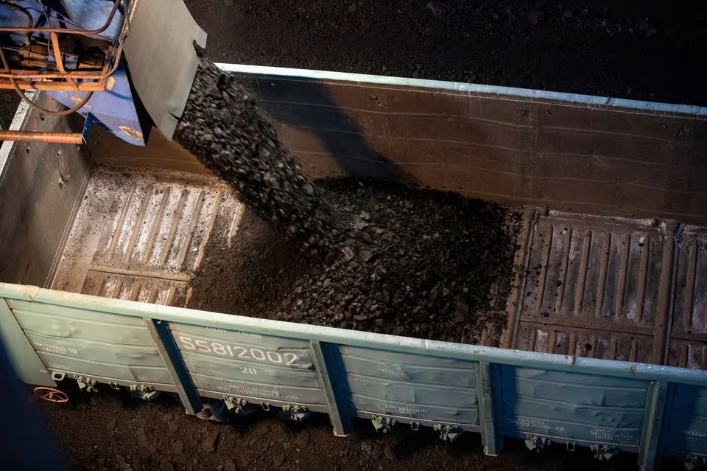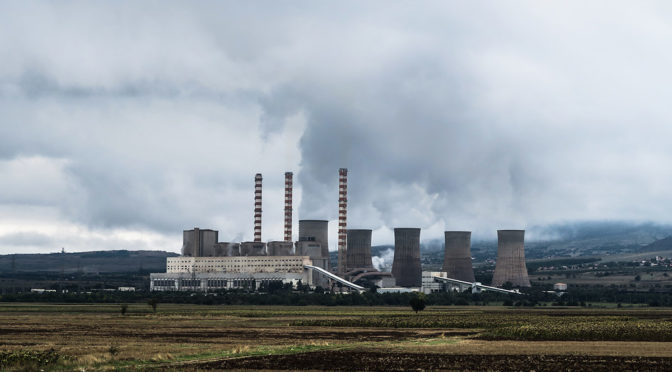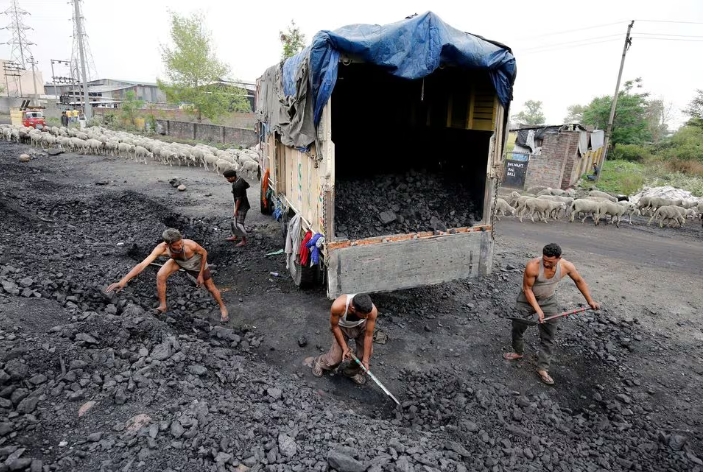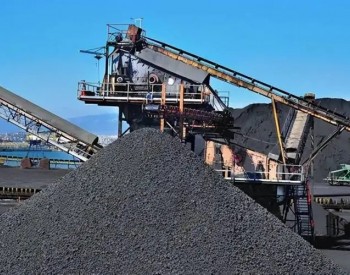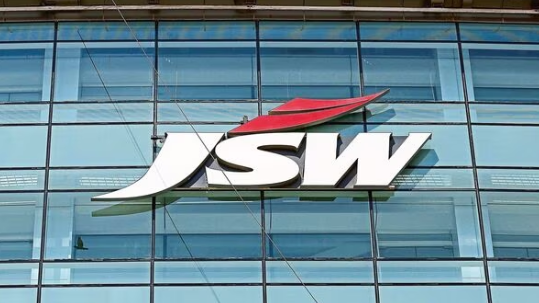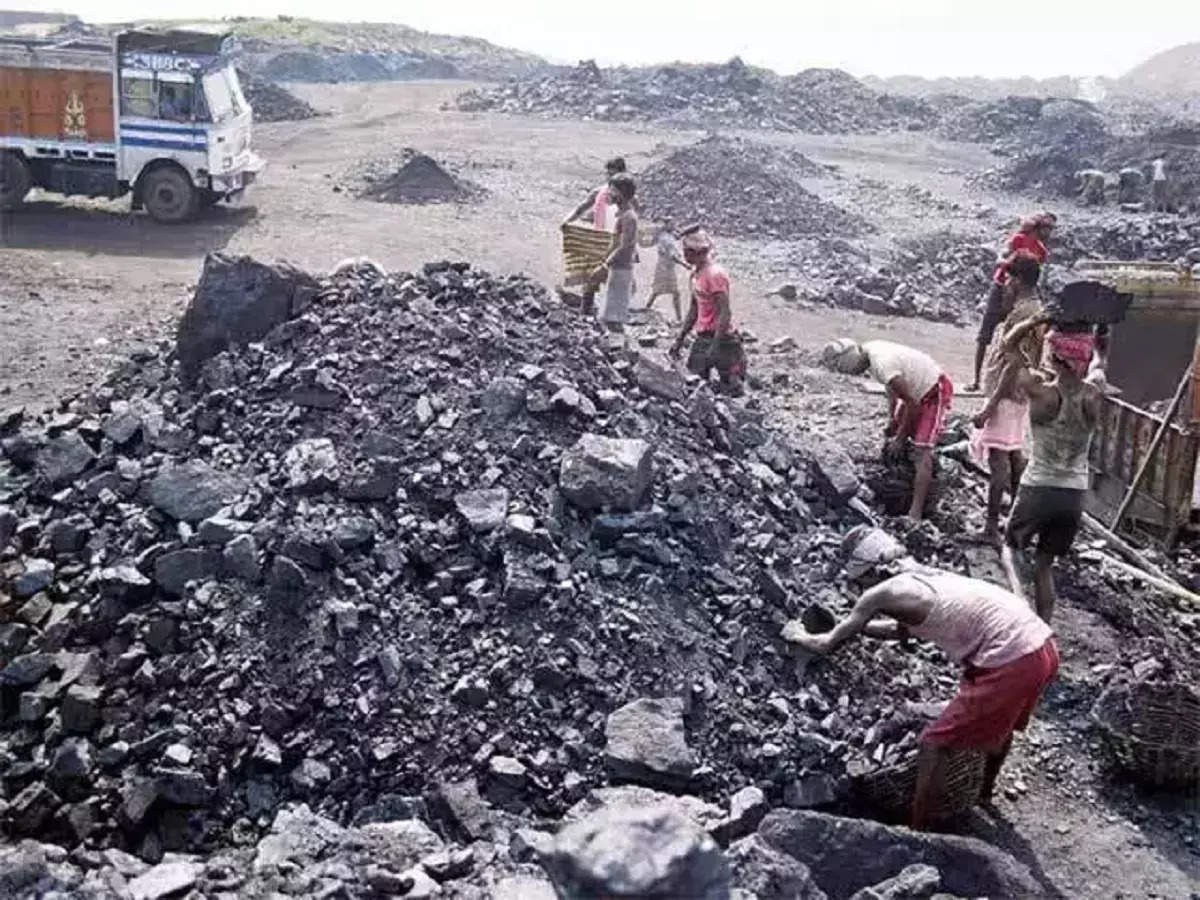In a joint statement issued after a meeting on the sidelines of the G-20 summit in Rome, US President Joe Biden, British Prime Minister Boris Johnson, German Chancellor Angela Merkel and French President Emmanuel Macron expressed their concern over the pace of Iran's recent advancements on the nuclear front.
The two most significant steps — the production of highly enriched uranium and enriched uranium — are "important to nuclear weapons programs" and have "no credible civilian" use, they said.
"These steps have only been made more alarming by Iran's simultaneously decreased cooperation and transparency with the IAEA. We agreed that continued Iranian nuclear advances and obstacles to the IAEA's work will jeopardize the possibility of a return" to the nuclear deal.
The statement came days after Iran's deputy foreign minister Ali Baqeri-Kani said Tehran would return to the Vienna talks over a return to the deal in November, around five months after they were suspended following the election of Iran's president Ebrahim Raisi in late June.
The Vienna talks, which had begun in April under the stewardship of Raisi's predecessor Hassan Rohani, had been aimed at securing an agreement from both Iran and the US to return to full compliance with the 2015 deal, known formally as the Joint Comprehensive Plan of Action (JCPOA).
Iran began gradually ramping up its nuclear activities beyond the limits allowed under the JCPOA in 2019, in response to then US president Donald Trump's decision to exit the deal in May 2018 and reimpose economic sanctions which at one point removed close to 2mn b/d of Iran's crude and condensate from the market.
Iranian foreign minister Hossein Amir-Abdollahian said last week that Tehran remains keen on a full and mutual return to the deal by all parties but stressed the need for assurances that it will get all the benefits promised to it under the original agreement. Tehran feels that although many US and European sanctions were lifted in 2016, after the original JCPOA was implemented, the US and European signatories fell well short of delivering on their pledges.
The 30 October statement appeared to take note of that particular concern, and underline Biden's readiness to return to the agreement on a ‘full-compliance' for ‘full-compliance' basis.
"The current situation underscores the importance of a negotiated solution that provides for the return of Iran and the US to full compliance with the JCPOA and provides the basis for continued diplomatic engagement to resolve remaining points of contention," the leaders said. "In this spirit, we welcome President Biden's clearly demonstrated commitment to return the US to full compliance…and to stay in full compliance, so long as Iran does the same."
The leaders called on the Iranian president to "seize this opportunity and return to a good faith effort to conclude our negotiations as a matter of urgency."
